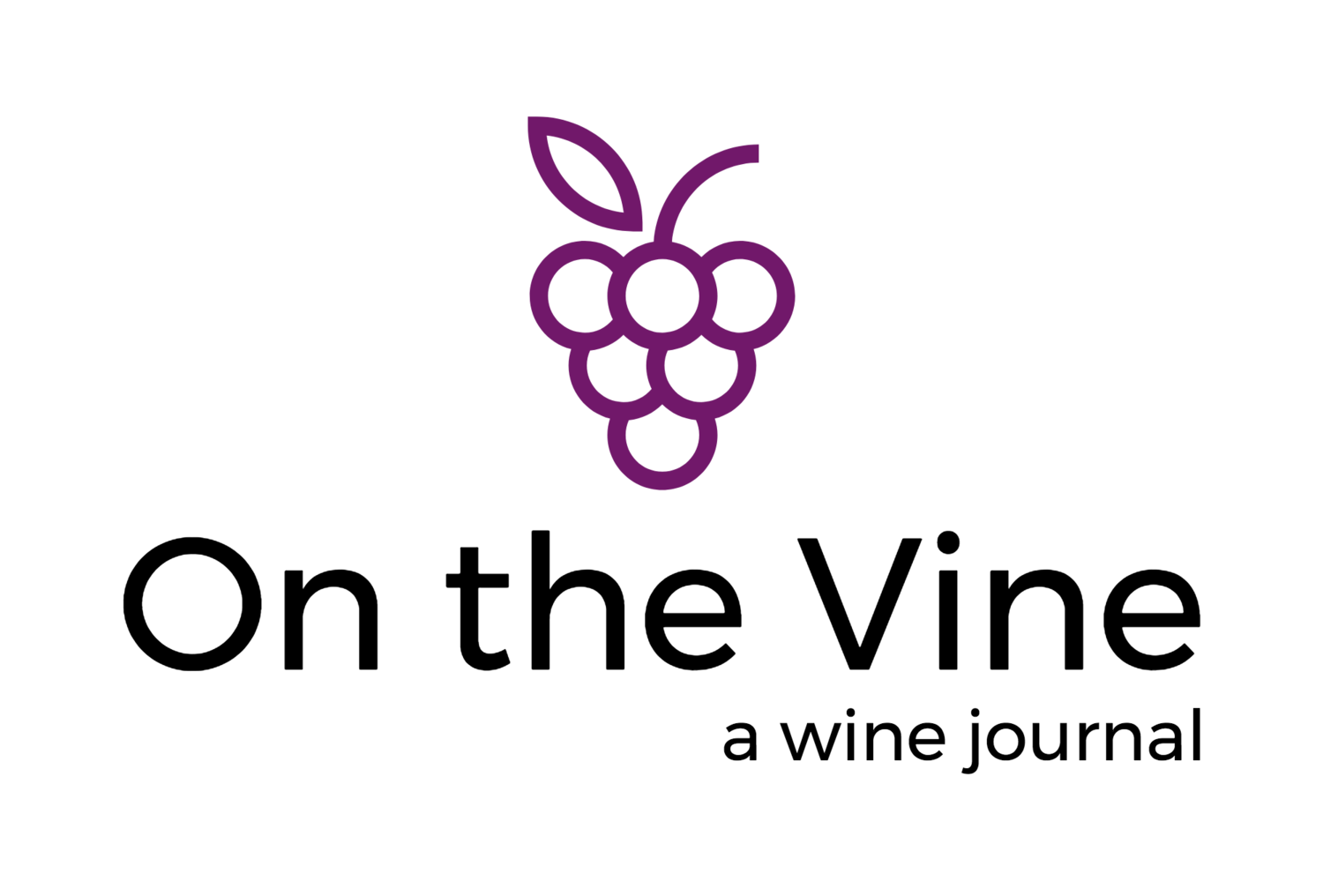Beyond the Bottom Line
/Below is an article I wrote for the May 2023 issue of the Oregon Wine Press. HERE IS A LINK to the edited, published version.
Background image: pexels.com
Oregon’s 1058 wineries and 82 grape varieties offer wine lovers an abundance of choices. Increasingly, consumers – especially younger people – are choosing brands that share their values. Oregon wine labels are crowded with logos reflecting producers' commitments to sustainability. But on the labels of only eight Oregon wineries will you notice a simple, black letter “B” surrounded by a circle. These are certified B Corps.
“I find that consumers are sometimes confused as to different certifications,” said Jessica Mozeico, whose Et Fille Wines in Newberg is the most recent Oregon winery to gain B Corp certification. “I think it's really important that consumers are aware of the leverage and power they have by voting with their dollars.”
Certified B Corps are for-profit companies that have demonstrated a commitment to making business a force for good by submitting to a rigorous, independent assessment by B Lab. This global non-profit rates a corporation’s impact on its community, customers and environment. They also examine a company’s governance structure and its treatment of workers.
To qualify for certification, a company must score a total of 80 points across all five areas. It is a process that seeks to identify strengths and weaknesses.
“It’s a very affirming process,” said Bill Sweat of Winderlea Vineyard and Winery in Dundee. Winderlea was one of the first Oregon wineries to be certified, in 2015. “It always feels like the motivation is to get better, which I like an awful lot about their process,” he said. “That does cause us to be constantly thinking about where can we be doing better in our business.”
There are currently over 6,500 B Corps of all sizes in 89 countries engaged in 161 industries.
From Shareholder to Stakeholder
“Stakeholder Capitalism” and “ESG” (Environmental, Social and Governance) are buzzwords heard in many corporate circles. Studies show that companies outperform others when they seek long-term value by balancing the pursuit of profit with high standards of social and environmental performance, accountability and transparency.
For Mozeico of Et Fille, that long view took on a personal dimension as her winery pursued B Corp certification. A few years ago, in quick succession, she gave birth to her daughter and then lost her father and winery co-founder in an accident. “It became really important to me to focus on the future, and to focus on creating something that is sustainable for my daughter's generation,” she said. The B Corp certification process helped Et Fille (French for “and daughter”) as it grew by encouraging the writing of its corporate ethics and the crafting of an employee handbook, among other things. “For me, it was a way of having kind of a guideline for how we could grow as we grow, how we could run the business in a way that was consistent with my values,” she said. “So that's why we decided to do it.”
A Seal of Approval
“It might be the next generation’s Good Housekeeping seal of approval… people are going to know that it's authentic, and it has meaning,” said Paul Snyder, Executive Vice President of Stewardship at Tillamook County Creamery Association, a B Corp since 2020. “Consumers want to have confidence in the citizenship of the products and services that they're purchasing.”
Importantly, the rigorous B Corp certification is separate from “Benefit Corporation” designations that have been legislated in 35 states and the District of Columbia.
Leadership After Certification
B Lab describes certified B Corps as “leaders in the global movement for an inclusive, equitable, and regenerative economy.” Certification is not the final goal. B Lab’s website goes on to state that, “B Corps are by definition also focused on continuous improvement, leading to their long-term resiliency.”
Recertification is required every three years. A number of resources, including a network of regional organizations, are available. B Local PDX is one of the country’s largest, supporting over 150 B Corps in Oregon and southwest Washington. “Deepening connections and building relationships between B Corps and other impact-driven companies fosters the type of collaboration and partnership that eventually leads to larger collective or systemic impact,” said Wesley Griffen, the group’s Administrative Director. The non-profit organization offers lunches, webinars and annual events intended to help B Corps from various industries share ideas and best practices.
Snyder at Tillamook Creamery says that B Corp certification has led to a wider awareness of the brand’s values and new partnerships with other corporations. He recounted, “Kroger came to us and said, ‘You guys are a B Corp, would you like to join with us on a food waste initiative?’”
Oregon’s certified wineries work together to offer reciprocal wine club benefits and on cooperative marketing efforts, according to Winderlea’s Sweat. He also seeks out other B Corps for his winery’s purchasing. “We’ll look to see what certified B Corps make water bottles, or travel coffee mugs or things like that. It definitely does give us an incentive to look for B Corps to work with when we’re making decisions.”
Certified B-Corp Oregon Wineries
source: www.bcorporation.net
(in order of date of certification)
A to Z Wineworks - May 2014
Winderlea Vineyard and Winery - March 2015
Sokol Blosser Winery - April 2015
Stoller Family Estate - July 2017
Chehalem Winery - July 2018
Brooks Wines - January 2019
David Hill Vineyards and Winery - October 2019
Et Fille Wines - March 2022






